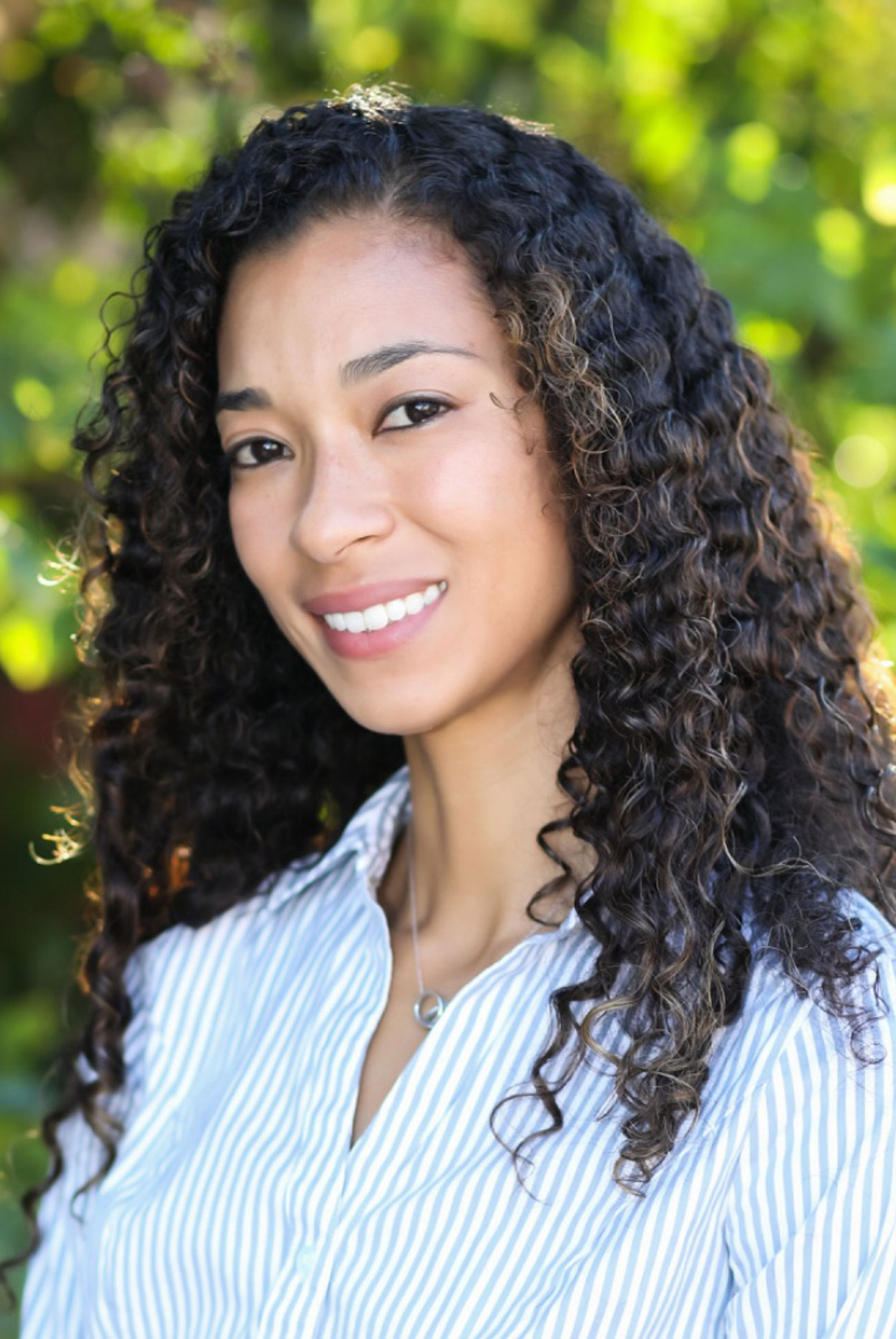Biologist Sonya Neal Named 2020 Pew Scholar
June 15, 2020
By Erin Davis and Mario Aguilera

Sonya Neal, assistant professor, Division of Biological Sciences.
Gustavo Maselli
The Pew Charitable Trusts today announced that Sonya Neal, an assistant professor in the University of California San Diego Division of Biological Sciences, has been selected to join the Pew Scholars Program in the Biomedical Sciences.
Neal was announced as one of 22 early-career researchers at institutions across the country who will receive four years of funding to invest in foundational research to pursue scientific breakthroughs and advance human health. Neal’s research will examine the quality control mechanism that allows cells to clear away potentially toxic misfolded proteins.
“I am particularly excited about the Pew award due to its commitment to deep biological understanding, medical application and promotion of health,” said Neal, a member of the Section of Cell and Developmental Biology. “With the Pew award, we will strive to understand a new emerging class of enzymes known as rhomboids and their contribution to protein homeostasis.”
The 2020 class of scholars—all of whom hold assistant professor positions—are new members of a vibrant community of more than 1,000 scientists who have received awards from Pew since 1985. Current scholars meet annually to share their research and exchange perspectives across diverse health disciplines. Neal said her plans as a Pew Scholar include developing new ideas for collaborations and multidisciplinary approaches to human health research related to misfolded proteins, including neurological and cardiovascular diseases, as well as cancer.
“As a black female in STEM, I take my role and responsibilities towards promoting diversity at UC San Diego very seriously,” said Neal. “With this award, I will pass the support and encouragement I received to training a diverse group of top-performing undergraduates, graduates and postdoctoral fellows.”
The 2020 scholars were chosen from 191 applicants nominated by leading academic institutions and researchers across the United States. This year’s class includes scientists exploring why female mammals age differently than males, how environmental factors affect the trajectory of inflammatory disease and the molecular mechanisms that allow the body to sense and regulate temperature.
“Pew is proud to support these promising researchers as they conduct world-class research to address biomedicine’s most complex questions,” said Rebecca Rimel, Pew’s president and CEO. “They join a group of distinguished scientists who have worked for decades to advance science and protect public health.”
Five members of the 2020 class, who were selected for their commitment to investigating health challenges relating to the brain as it ages, will receive awards with support from the Kathryn W. Davis Peace by Pieces Fund.
“As all researchers know, science’s work is never truly done. By leveraging findings and investigating new ways to solve problems, this year’s class will continue the legacy of countless Pew scholars before them,” said Craig Mello, Ph.D., a 1995 Pew scholar, 2006 Nobel laureate in physiology or medicine, and chair of the national advisory committee for the scholars program. “I’m confident that these scholars will help push scientific boundaries.”
See the full list of 2020 Pew Biomedical Scholars here.
